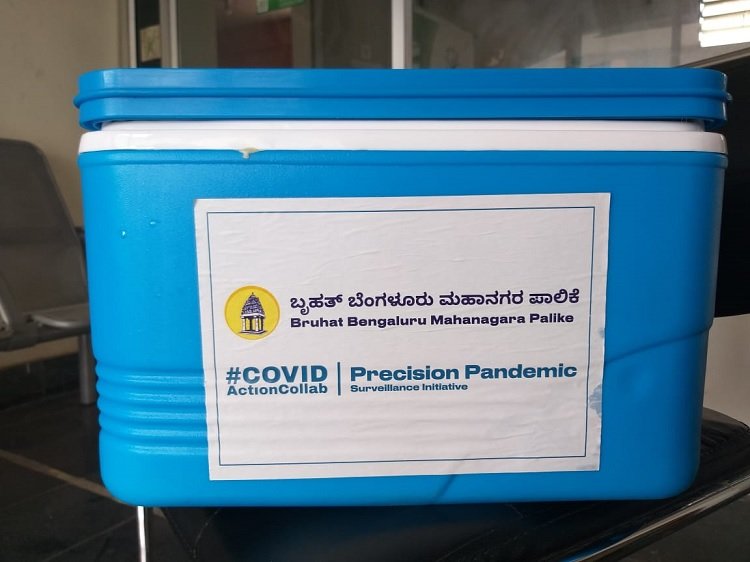Govt of Karnataka partners with CAC to track COVID through waste-water surveillance
May 27, 2021 | Thursday | News
Early identification of clusters can help guide the COVID-19 response and give policymakers the information they need to better allocate limited pandemic resources
Government of Karnataka is introducing a city-wide sewage surveillance system in Bangalore that will help officials track the virus at an early stage, even among asymptomatic individuals.
Assisting this effort is the United States Agency for International Development (USAID) and the Skoll Foundation-supported COVIDActionCollab (CAC), an India-wide collaborative of over 300 organisations and networks working together to provide COVID-19 relief and recovery services to the country’s most vulnerable communities.
The Precision Health Platform in Bengaluru, the first-of-its-kind in Asia, will test sewage from both the sewered and non-sewer wastewater to identify clusters of new infections. Early identification of clusters can help guide the COVID-19 response and give policymakers the information they need to better allocate limited pandemic resources.
CAC supports the Government of Karnataka by providing training for sanitation workers and lab technicians on collecting and transporting sewage samples to labs for testing and analysing and safely disposing of them. The Technical Expert Group will provide programmatic inputs and insights to policymakers for targeted COVID-19 prevention, care, and management services based on the analysis.
Government of Karnataka plans to begin testing across 45 wards in Bangalore. Rakesh Singh, Additional Chief Secretary, Urban Development says, “The system will cover over 75 per cent of Bengaluru’s nine million population by generating over 90 data points per week signalling the emerging COVID-19 clusters or signalling a COVID-19 cluster’s exit from an area. We are happy to be the first in India to launch this platform.”
Although sewage testing is not a replacement for clinical testing and citizens are advised to continue following safety guidelines, this surveillance system is a cost-effective tool that can be used not only for COVID-19 but in the future, it can also track other pathogens with pandemic potential and measure antimicrobial resistance in the population.
Dr Angela Chaudhuri, Health Lead, CAC, says, “While there have been many experiments and studies on finding traces of the COVID-19 virus in sewage, Bengaluru will be joining the Netherlands, Finland, and Israel in path-breaking surveillance system like this with experts from all over the world supporting the initiative.”
Sangita Patel, Director, USAID/India Health Office, said, “Since the beginning of the pandemic, the US and India have worked closely together to provide life-saving treatments, disseminate public health messages to local communities; strengthen case-finding and surveillance; and support innovative solutions to bolster emergency response and preparedness. USAID is proud to support COVIDActionCollab and these efforts to identify early clusters of the virus for better pandemic preparedness and management. We hope success in Karnataka will lead to the expansion of similar systems in other locations across India."
Lucien Chan, MD, Skoll Foundation, said, “As part of our mission to support different regions through the pandemic, we realised the need for an efficient and cost-effective mechanism for tracking the outbreak in these regions. The Precision Public Health Surveillance approach developed by the CAC will greatly support governments in monitoring the spread of the virus and allow them to take preventive measures rather than reacting after the crisis has occurred. The programme holds immense potential, and I look forward to seeing other governments consider this approach in their respective states."










